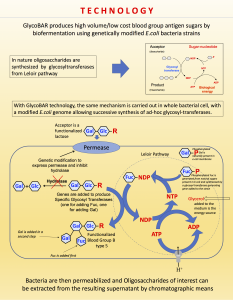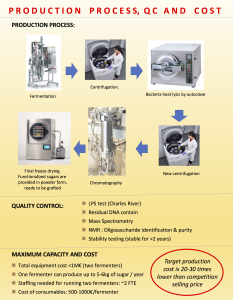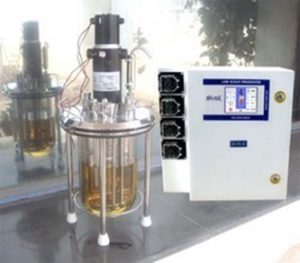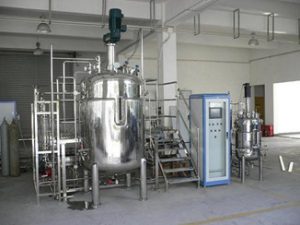The most important and key competitive advantage that GlycoBAR is owning is our ability to produce blood group antigens by biofermentation, whereas competition is producing corresponding carbohydrates by chemical synthesis, which is an expensive process, very difficult to scale-up.

CERMAV, a CNRS organization located in Grenoble/France has patented this principle for creating complex sugar and has developed a very strong know-how to GlycoBAR, which is now capable of producing high quantity of these sugars using CERMAV technology.
The blood group antigen carbohydrate which is the closest to the one present on the red blood cell is the hexa-saccharide, which is almost impossible to produce by chemical synthesis. GlycoBAR has been able to produce this complex sugar using CERMAV bacteria strain and has done a lot of experiment with it. In summary, we have been able to determine that the same efficacy can be obtained with tetra-saccharides with an appropriate linker arm giving to the resulting molecule approximately the same length that hexa-saccharides.
GlycoBAR has developed an optimized process to give to the tetra-saccharide the ad-hoc length. Instead of doing chemistry on the tetra-saccharide, at the risk of losing some proportion of a very valuable product, chemistry is done on the lactose bacteria acceptor, a very inexpensive product, in order to add to it the ad-hoc linker arm. The result is a very cost effective product, easy to produce with an easy scalable process.
Thanks to the NH2 termination of our sugars (other options are possible), grafting process on almost any support is standard and easy to perform with classical equipment.

| Low scale process | high scale process | |
 |  |  |